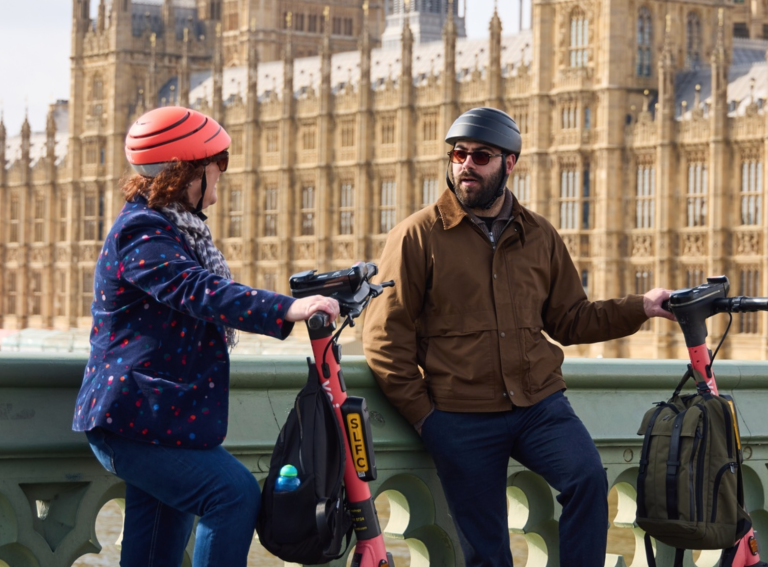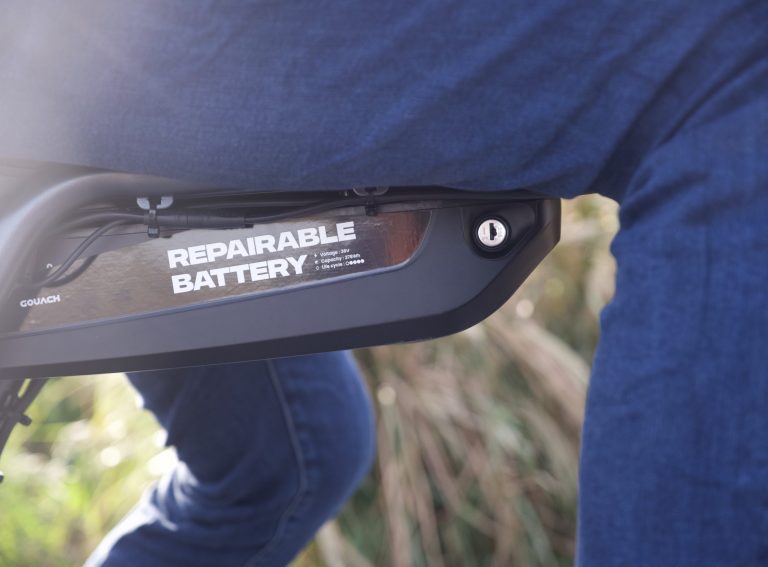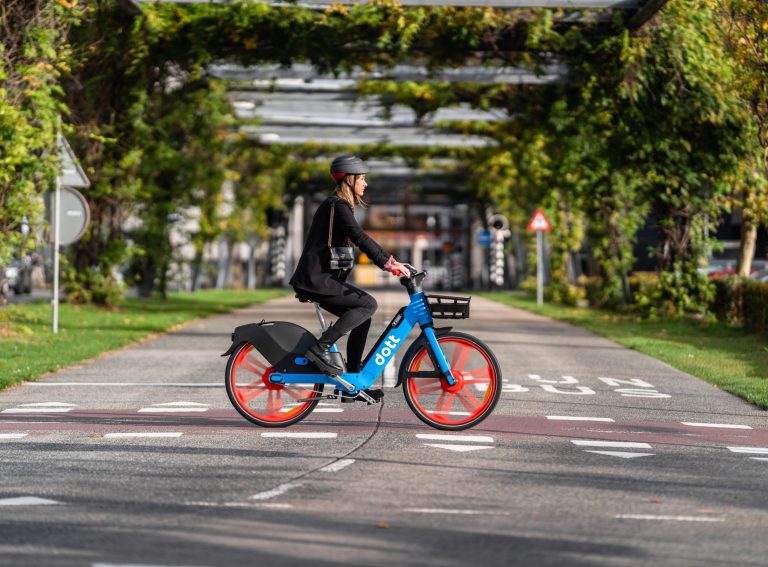The UK government has been urged to better identify e-scooter collisions after a report found that less than 10% of e-scooter collision injuries presented to an emergency department were officially recorded by police.
Funded by the Road Safety Trust, a report published by the independent Parliamentary Advisory Council for Transport Safety (PACTS) highlights the discrepancies between official data based on police records and the number of people presenting at hospital with an injury from a collision.
Titled ‘Comparing police and hospital e-scooter casualty datasets’, the report analyses data from two months in late 2021 and looks into 300 casualties recorded by hospitals across the UK, police records and data from government-backed e-scooter rental trials.
“It became apparent that the police were not capturing all the fatalities, and definitely not the people who were injured slightly,” PACTS Deputy Executive Director Margaret Winchcomb told Zag Daily.
The study also found that approximately 25% of those most seriously injured in collisions involving e-scooters were recorded by both the police and at hospitals.
Capturing the data
Margaret partly attributes the discrepancies between the datasets to the methods in which road collision injuries are recorded by local authorities, operators and police.
For e-scooter rental schemes, local authorities work with operators to complete monthly situation reports which are relayed to the Department for Transport. However, the level of detail recorded in relation to an e-scooter injury depends on the severity of the injury.
“Where we had situation reports released to us, the classification of who was injured, the location of the incident, and other relevant information was very vague,” Margaret said.
Indeed, PACTS’ report highlights that situation reports primarily capture data relating to non-injury related events such as antisocial behaviour and damage to property involving rental e-scooters.
“Information that could have been captured regarding injuries has not been to the extent we think it should have been.
“A rental scheme which is being advertised as a trial because the government wants to understand information like safety is not actually capturing the data robustly even though it is the best place for that data to be collected.”
Police use the current system STATS19 to record road casualty statistics. This system collects information on the collision circumstances including the vehicles involved, the drivers involved, and the severity of the casualty’s injuries – defined as ‘slight’, ‘serious’, or ‘fatal’ using the police officer’s judgement.
The information can be recorded on paper or, since 2012, it can be recorded electronically through methods such as CRaSH (Collision Reporting and Sharing) which require the police officer to record the casualty’s most serious injury from a predefined list before it’s automatically converted to a severity level.
However, the STATS19 system does not include collisions which occur away from the public highway which means that injuries experienced on footways away from a road or in public parks and pedestrianised areas are not captured by the official police recording system.
Recommendations were published in 2021 to broaden the scope of data that STATS19 collects. From 2024, a new category for ‘personal powered transport device’ will be included in the data recording which will account for micromobility. However, PACTS’ report highlights that this category is not exclusive to e-scooters meaning that police officers will need to use free text to specify the mode of micromobility involved for e-scooter injury reporting to be more accurate.
Responding to the report
The report calls for guidance to be updated for local authorities and operators regarding how e-scooter casualties using rental schemes are recorded.
Something else that Margaret would like to see is another evaluation into e-scooter rental schemes. An evaluation was carried out of the first 18 months of the government-backed rental trial e-scooter schemes and was published at the end of 2022. It gave insight into the likelihood of an injury using results from surveys from a sample of riders and other road users.
PACTS called for another evaluation in early 2023 but have yet to see it actioned.
“The evaluation only gives us data until the end of 2021. We’ve got two years of data behind us because they haven’t carried out further evaluations, and we’ve got another two years and five months ahead of us because e-scooter rental trials have been extended to May 2026.
“The rental trials need to be collecting all of this data so that we can act on it. There seems to be no mind to legislate for private e-scooters as it was missed out in the King’s Speech in November. But they can’t kick the can down the road indefinitely.
“Let’s really make the most of the rental trials they’ve got and the data we can collect now so that we get the evidence we need when it comes to beginning legislation.”




